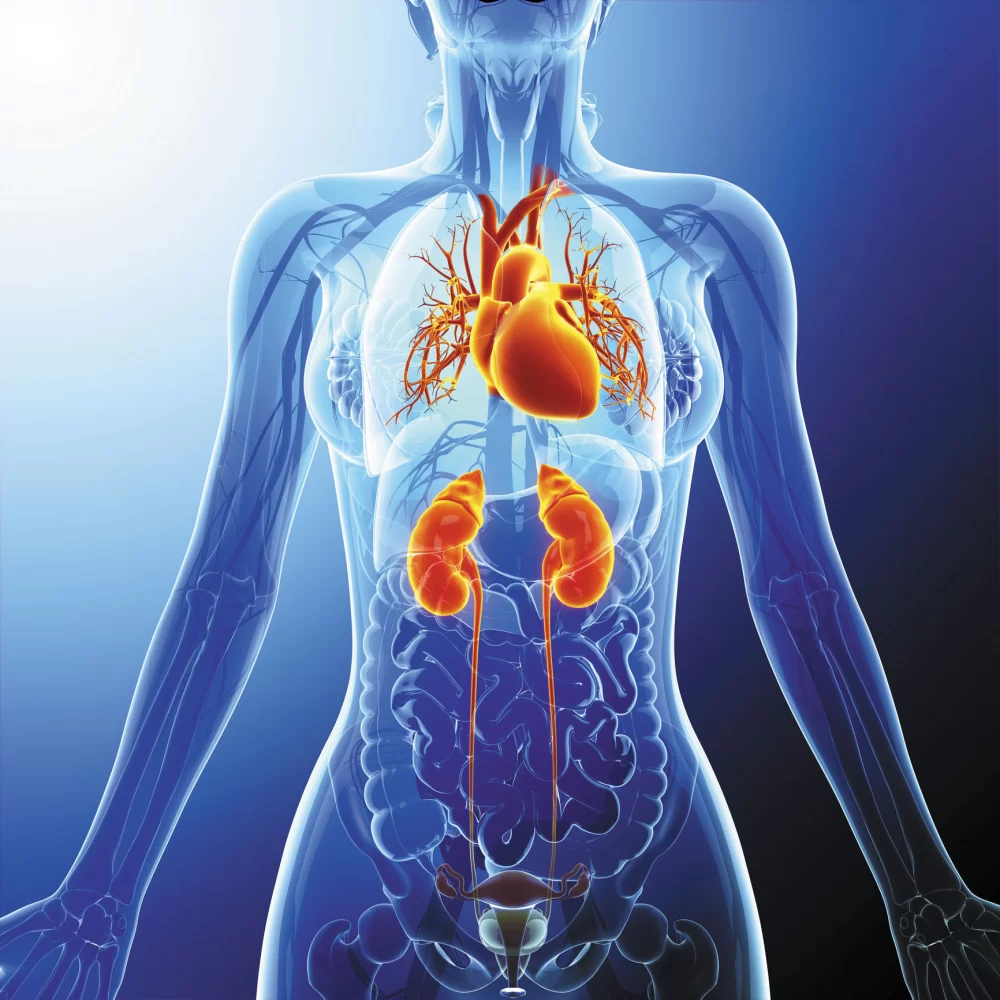The Connection Between Heart Disease and Kidney Disease: Understanding the Link
- How Heart Disease and Kidney Disease Are Connected
- Impact of Kidney Function on Heart Health
- Real-Life Examples of the Heart-Kidney Connection
- Managing Both Heart Disease and Kidney Disease
- Taking Action for Better Health
1. How Heart Disease and Kidney Disease Are Connected
Heart disease and kidney disease are two chronic conditions that are often closely linked. Research has shown that people who suffer from heart disease are at a higher risk of developing kidney disease, and vice versa. This connection is largely due to the shared risk factors and the way the two organs work together to maintain overall health. The heart pumps blood to the kidneys, and the kidneys help filter waste from the blood. When one organ becomes diseased, the function of the other can quickly deteriorate. For example, high blood pressure, a common cause of heart disease, can damage both the heart and the kidneys over time.
2. Impact of Kidney Function on Heart Health
Kidney disease can significantly impact cardiovascular health. When the kidneys are not functioning properly, they are unable to effectively regulate the balance of fluids, electrolytes, and waste products in the body. This can lead to high blood pressure, fluid retention, and an increased workload on the heart. In severe cases, kidney failure can lead to heart failure. Additionally, kidney disease can cause an imbalance in important minerals such as calcium and phosphate, which can further contribute to the development of heart disease. This is why it is essential to monitor kidney health alongside heart health.
3. Real-Life Examples of the Heart-Kidney Connection
Take the case of Sarah, a 60-year-old woman with a long history of high blood pressure. Sarah was recently diagnosed with chronic kidney disease after her blood pressure caused significant damage to her kidneys. Her doctor explained that her untreated high blood pressure not only affected her kidneys but also increased her risk for heart disease. Sarah's situation is a clear example of how heart disease and kidney disease can go hand in hand. The good news is that with proper treatment and lifestyle changes, Sarah was able to manage both conditions and significantly improve her quality of life.
4. Managing Both Heart Disease and Kidney Disease
Managing both heart disease and kidney disease requires a comprehensive approach. The first step is to control risk factors such as high blood pressure, diabetes, and high cholesterol, which can contribute to both conditions. Medications may be prescribed to help control blood pressure and regulate kidney function. In addition to medication, lifestyle changes such as following a heart-healthy diet, engaging in regular physical activity, and managing stress can significantly improve both heart and kidney health. Regular check-ups with a healthcare provider are essential for monitoring the progression of both diseases and adjusting treatment plans as necessary.
5. Taking Action for Better Health
If you or a loved one is living with heart disease and kidney disease, it's important to take action now. Early detection and management are key to preventing further complications. Regular screenings for kidney function, as well as heart health assessments, can help catch issues early. Additionally, adopting a healthy lifestyle that supports both heart and kidney health is one of the most effective ways to manage these conditions. Whether it’s through medication, diet, or exercise, taking control of your health today can have a lasting impact on your future.
By understanding the connection between heart disease and kidney disease, you can take proactive steps to improve your health. If you're seeking a comprehensive approach to managing these conditions, consider exploring products and services that support heart and kidney health. With the right care and guidance, it is possible to live a healthier, more active life while managing both heart and kidney disease.





















